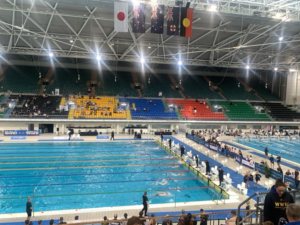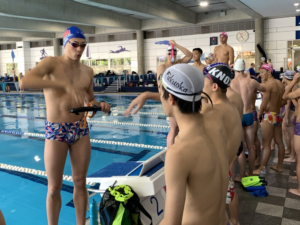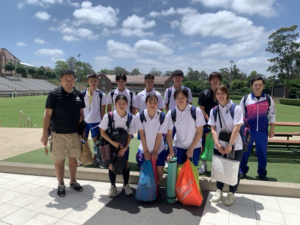In Japan, March is the end of the financial and school years. Graduates have a ceremony upon graduating from their schools and students progressively move up one year higher.
The Japanese school system is six years for elementary (primary) school (Years 1-6), three years for junior high school (Years 7-9), three years for senior high school (Years 10-12) and four years or more for university. Every child who is six as of April 1 must enter elementary school in their district, which starts in April. Elementary and junior high school are compulsory and nearly all students (about 96%) go on to senior high school.
Compulsory school administration is a complex affair. Elementary and junior high schools themselves are founded by each respective municipality. Municipalities must construct school buildings and the necessary facilities with central government grants. Interestingly though, teachers are employed by prefectural governments and some are then sent to municipality’s schools, because many municipalities cannot afford to employ them. Although they are prefectural government employees, a third of their salaries actually come from central government grants (there are over a million public school teachers and they account for 37 per cent of all local government employees in Japan).
From the start of this 2017 financial year, the task of employing school teachers will be entrusted to twenty large cities. This coincides with a transfer of a portion of local residential income tax from prefectures to these cities.
It will make school administration simpler and responsibilities for both infrastructure and teachers will now be merged together in these large cities. It is one of the most significant decentralisation reforms in recent years.
Katsunori Kamibo
Director

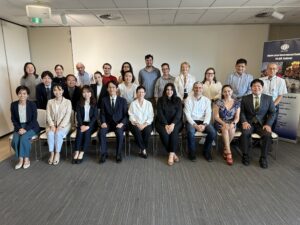
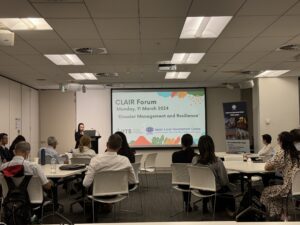
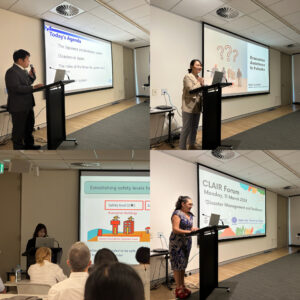
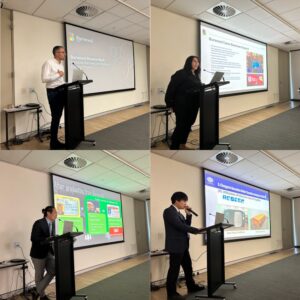
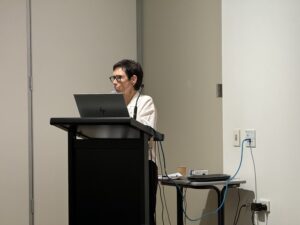
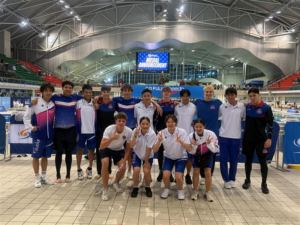 12月3~13日、福岡県水泳連盟の選抜選手8名がNSW州を訪問し、現地の学校との合同練習とNSW州の大会に参加しました。
12月3~13日、福岡県水泳連盟の選抜選手8名がNSW州を訪問し、現地の学校との合同練習とNSW州の大会に参加しました。